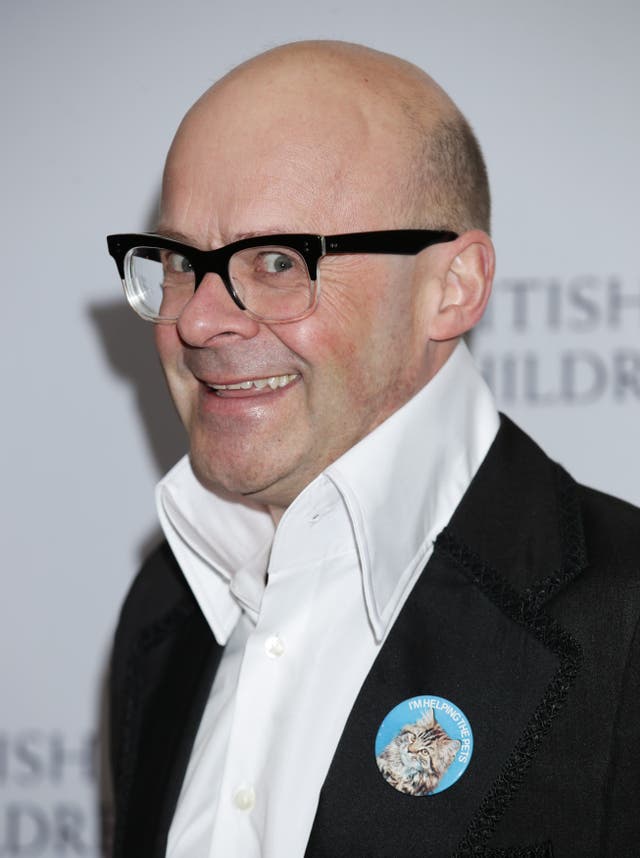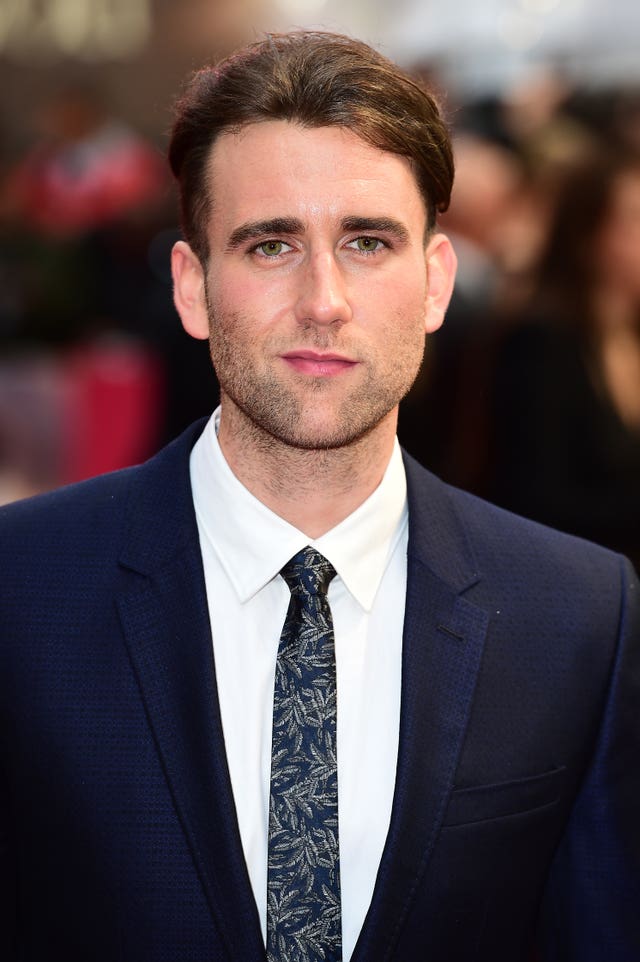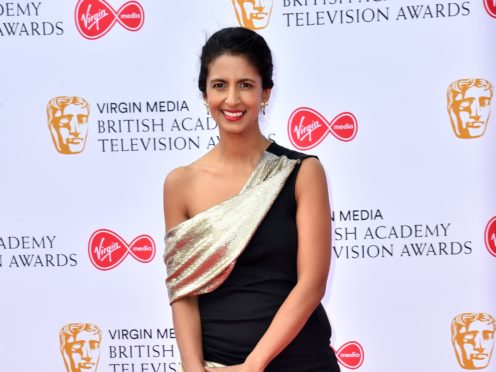The British Film Institute has named the winners of a competition that saw young people team up with stars including Konnie Huq, Harry Hill and Rob Delaney to produce a TV programme.
The See Yourself On Screen Challenge, which was for four to 18-year-olds, paired budding filmmakers with celebrity mentors as they worked to produce programmes for television channels such as E4 and Channel 5.
Hundreds of young people sent in 30-second video pitches before 15 winners were selected to turn their ideas into reality.

The winners’ final two-minute projects, which reflected their life during the lockdown, will be broadcast next month.
Identical six-year-old twins Sophia and Luisa from Gwynedd, north Wales, were among the winners with their instructional cookery programme Sophia And Luisa’s Cookie Kitchen after being mentored by TV presenter and writer Huq.
Actors Matthew Lewis and Jessica Hynes, YouTuber Amelia Dimoldenberg and television presenter Reggie Yates were also mentors.

Jackie Edwards, head of the BFI’s Young Audiences Content Fund, said: “We launched the See Yourself On Screen Challenge as a way of giving a platform to young people from across the UK, whose lives have changed significantly during the Covid-19 lockdown, and we were utterly thrilled to receive so many brilliant pitches.
“The Young Audiences Content Fund exists to bring quality content which entertains and reflects young people from all over the UK, and this challenge has enabled them to tell their own stories on screen and, excitingly, have it aired on national television; it’s a real celebration of the creativity of our young people for everyone to enjoy.
“This challenge was also a great chance for our industry colleagues who care about great public service broadcasting to join hands with young people and do something supremely positive for young audiences all over the UK for whom television has taken on an even more significant role in their lives during lockdown.”
